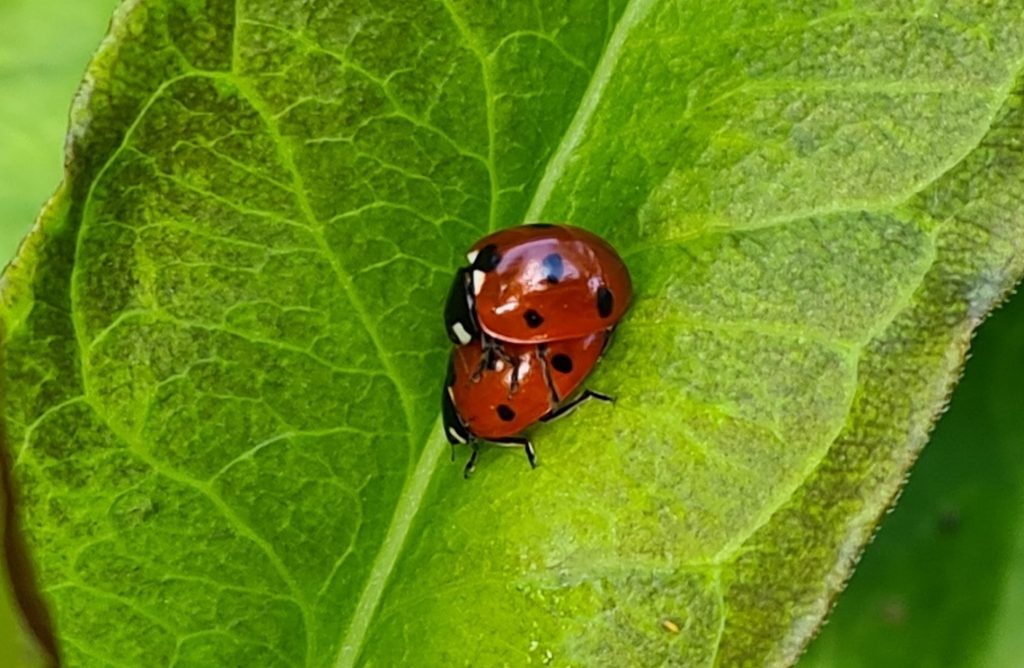
Today I have brought you an article from the category: Knowledge we don’t actually need in everyday life and that is precisely why we keep it in mind.
Those who know me well know that ornithology has long been close to my heart and that in this context I make a tiny contribution to improving the climate, at least in my garden. Recently, when I was looking for a gift for a friend with whom I share a passion for observing wild birds, I came across the German book “The Names of European Birds” by Viktor Wember. It is scientifically structured, with a lot of diverse information and an attempt to derive or explain both the German and scientific names of the birds.
Continue reading “About flour in the meal swallow and flying shit”









